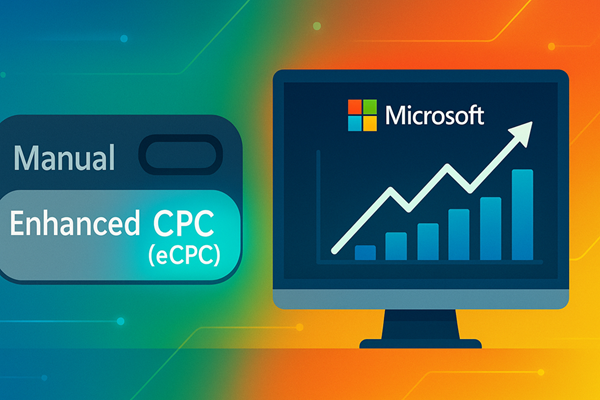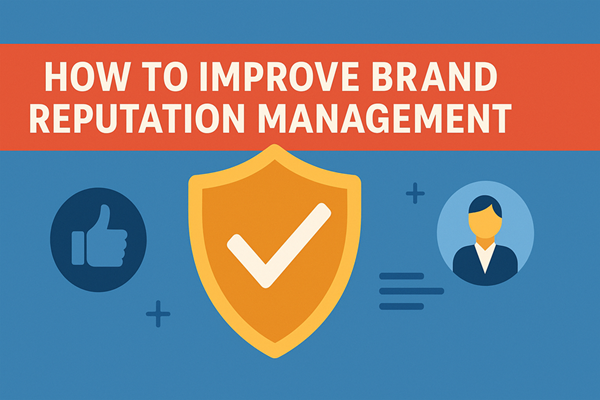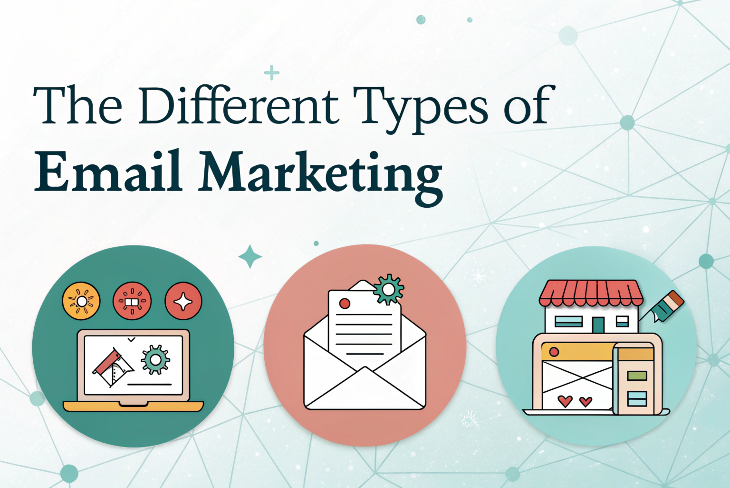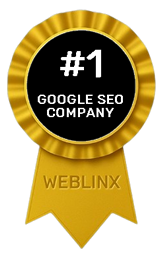Our content marketing services are designed to attract, engage, and convert your ideal audience. From blog posts and landing pages to guides, videos, and social content, we create and distribute high-value content that aligns with your SEO strategy and business goals.
Content Marketing
£900.00 Original price was: £900.00.£745.00Current price is: £745.00.
- Content strategy development
- Keyword research
- 1 press release
- Optimisation for E-E-A-T
- Social media amplification
- Competitor content analysis
- Performance reporting
- 1 blog post
- 1 web page
Press Release
£450.00 Original price was: £450.00.£345.00Current price is: £345.00.
- We write the press release
- 750+ words
- Unique content
- Plagiarism checked
- Grammar checked
- Published on authority sites
Article Writing
£200.00 Original price was: £200.00.£175.00Current price is: £175.00.
- Grammar checked
- Article topic well researched
- Plagiarism checked
- 500+ words
- Includes sources where relevant
- Links to your website
Page Content
£300.00 Original price was: £300.00.£125.00Current price is: £125.00.
- Grammar checked
- Keyword research
- Optimised for conversions
- Structured with headings and subheadings
- Internal linking strategy applied
- Plagiarism checks
- Competitor research
Blog Writing
£200.00 Original price was: £200.00.£95.00Current price is: £95.00.
- Grammar checked
- SEO optimised content
- Engaging tone & style
- Plagiarism checked
- Call-to-actions (CTAs) included
What is it?
Content marketing is a strategy centred on creating and distributing valuable, relevant, and engaging content to attract and retain a clearly defined audience. Unlike traditional advertising, which often relies on interruptive, sales-focused messaging, content marketing emphasises educating, informing, and entertaining potential customers. This method builds trust and nurtures long-term relationships, ultimately paving the way for higher conversion rates. Here’s a deeper look at what makes content marketing so effective:
Educational and informative:
Content marketing focusses on providing insights, practical advice, and solutions to your audience’s challenges, rather than pushing a hard sell. By delivering useful information, you position your brand as an industry expert and a trusted resource.
Engagement and interaction:
Content that resonates with your audience sparks conversations and encourages interaction. Whether through blog posts, videos, infographics, or social media updates, engaging content invites feedback and shares, increasing your brand’s reach and impact.
Long-term relationship building:
Consistently offering valuable content helps nurture your audience over time. Rather than expecting immediate conversions, content marketing builds a loyal community that grows to trust your brand, eventually leading to repeat business and brand advocacy.
Multi-channel flexibility:
Content marketing isn’t limited to one medium. It spans blogs, podcasts, videos, ebooks, social media posts, and more, each tailored to meet your audience wherever they are, ensuring a broad and effective reach.
Sustainable growth:
Quality content has a lasting impact. Unlike one-off advertising campaigns, the content you create continues to attract new visitors and engage existing ones, providing ongoing returns long after it’s published.
What are the benefits?
Enhanced brand authority and trust
By consistently providing valuable, informative content, you position your brand as an industry expert and trusted resource, which builds lasting relationships with your audience.
Improved SEO and Organic Traffic
Quality content naturally attracts backlinks and engages users, boosting your search engine rankings and driving steady, organic traffic to your website.
Cost-Effective Lead Generation
Nurture prospects through educational and engaging material, leading to higher conversion rates and a lower cost per lead compared to traditional advertising methods.
Check out our other web solutions

Types of Content Marketing
- Blog posts & articles: Informative, SEO-optimised content that attracts visitors and establishes authority.
- Videos & webinars: Engaging visual content that captures attention and boosts audience retention.
- Infographics: Data-driven visuals that make complex information easy to digest and share.
- Social media content: Short-form, engaging posts that drive interaction and brand awareness.
- Case studies & testimonials: Real-world examples that showcase success stories and build trust.
- E-books & whitepapers: In-depth guides that provide valuable insights and position your brand as an expert.
Best practices for effective content marketing
Discover the three key practices that form the backbone of successful content marketing, strategies designed to captivate your audience, boost engagement, and drive results.
Understand your audience
We conduct in-depth research to identify your target demographics, their interests, ensuring your content resonates and engages.
Produce valuable, consistent content
Publish high-quality, informative content that meets your audience's needs, and post consistently to build trust and authority.
Strategically promote and optimise
Utilise SEO, social media, and email to broaden your content's reach while refining your strategy with data insights.

Content marketing mistakes to avoid
Avoid these common pitfalls to ensure your content marketing efforts are effective and engaging:
Neglecting audience research:
Ignoring your target audience can result in content that falls short of expectations. Invest time in researching your audience’s demographics, interests, and pain points to create content that truly resonates.
Inconsistent content creation:
Irregular posting can result in a disengaged audience and missed opportunities. Stick to a consistent publishing schedule to maintain momentum and build trust with your followers.
Focusing on quantity over quality:
Producing a large volume of content doesn’t guarantee success if it lacks value. Prioritise quality by ensuring every piece is informative, well-researched, and addresses your audience’s needs.
How algorithm updates can effect content marketing
Google’s algorithm updates can significantly impact content marketing by altering how content is ranked and discovered. Updates often prioritise factors like content quality, relevance, user experience, and E-E-A-T (Experience, Expertise, Authoritativeness, and Trustworthiness). If a website doesn’t align with these evolving standards, it may experience drops in rankings, leading to decreased organic traffic and visibility. Frequent changes also mean that outdated SEO tactics, such as keyword stuffing or low-quality backlinks, can result in penalties. To stay ahead, content marketers must continuously adapt by creating high-value, user-focused content, optimising for search intent, and keeping up with the latest SEO best practices. Staying informed about algorithm changes and adjusting strategies accordingly ensures long-term success in content marketing.
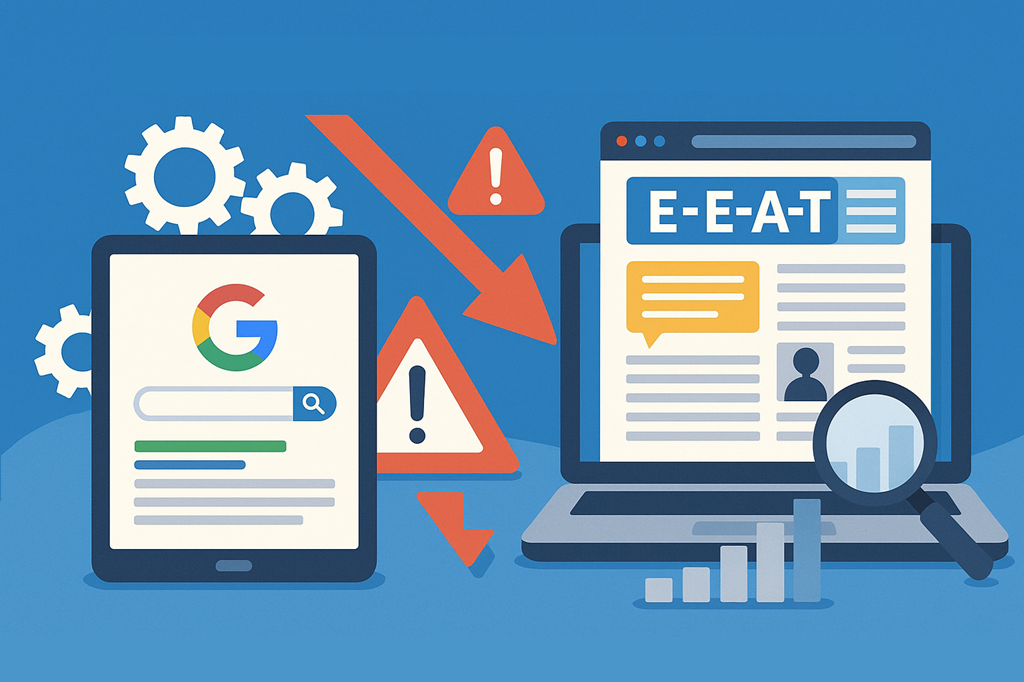
FAQ's
Your content marketing questions answered
What Are The 3 C’s of Content Marketing?
The 3 C’s of content marketing are Creation, Curation, and Collaboration. Creation involves producing original, high-quality content, curation is about sharing valuable content from other sources, and collaboration focuses on working with influencers or partners to expand reach and engagement.
What Are The 5 P’s of Content Marketing?
The 5 P’s of content marketing are Plan, Produce, Publish, Promote, and Prove. Planning involves strategising content goals, producing high-value content, publishing it across the right channels, promoting it to maximise its reach, and proving its effectiveness through analytics and performance tracking.
What Are The 4 E’s of Content Marketing?
The 4 E’s of content marketing are Engage, Educate, Entertain, and Empower. Effective content should engage the audience, provide educational value, entertain , maintain interest, and empower users with actionable insights.
What Are The Three Categories of Content Marketing?
The three main categories of content marketing are Owned, Earned, and Paid Content. Owned content includes blogs, websites, and social media posts controlled by your brand. Earned content consists of organic shares, reviews, and media coverage gained through quality content and engagement. Paid content includes sponsored posts, PPC ads, and influencer partnerships that boost visibility.



